On April 10, 2025, the global financial markets witnessed a dramatic shift in sentiment, driven primarily by the Trump administration’s decision to suspend tariffs on certain economies for 90 days. This move has had a profound impact on stock markets worldwide, with significant gains being recorded across major indices.
The US Stock Market Soars
The US stock market experienced a historic rally on April 9, with the Nasdaq Composite surging by 12.16%, marking its second-largest single-day gain ever. The S&P 500 also saw its third-largest gain since World War II, rising by 9.52%, while the Dow Jones Industrial Average jumped by 7.87%. The surge was fueled by the tariff suspension announcement, which boosted investor confidence and led to a surge in trading volumes to an 18-year high.
Tech giants were among the biggest winners, with six out of the “seven big tech companies” posting double-digit gains. Tesla led the charge with a 22.69% increase. Apple, in particular, saw its stock price soar by 15%, its best performance since 1998. This surge added over $400 billion to Apple’s market value, reflecting investor optimism about the potential benefits of reduced tariffs on its production facilities in Vietnam and India.
Global Market Reactions
The impact of the tariff suspension was felt beyond the US, with global markets responding positively. European indices such as the DAX and CAC 40 also saw gains, as investors welcomed the temporary relief from trade tensions. In Asia, markets like the Nikkei 225 and the Hang Seng Index also benefited from the improved sentiment.
However, analysts warn that this rally may be short-lived. The suspension is only a temporary measure, and the underlying trade tensions remain unresolved. Countries like China and the EU have already announced retaliatory tariffs, indicating that the trade conflict could escalate further.
Economic and Policy Implications
The tariff suspension has also had broader economic and policy implications. The decision has led to a reassessment of the Federal Reserve’s interest rate policy, with market expectations for a rate cut this year being scaled back. The yield on the two-year US Treasury note has surged by 30 basis points, reflecting the changing outlook.
The move has not been without criticism. Former US Treasury Secretary Larry Summers has accused the Trump administration of losing significant credibility due to its inconsistent trade policies. Additionally, concerns have been raised about the potential impact on global supply chains. For instance, Bank of America has warned that if Apple were to move its production lines back to the US, costs could soar by over 90%.
The Road Ahead
As the global financial markets navigate this period of uncertainty, investors are closely monitoring developments in trade relations and economic data. While the tariff suspension has provided a temporary boost, the long-term outlook remains unclear. The resilience of the global economy in the face of ongoing trade tensions will be a key factor in determining the future trajectory of stock markets.
The decision to suspend tariffs for 90 days has sparked a global market rally, highlighting the interconnected nature of the world economy. However, the underlying issues remain unresolved, and investors must remain vigilant in the face of ongoing uncertainty.

By Samuel Cooper/Apr 10, 2025

By Noah Bell/Apr 10, 2025
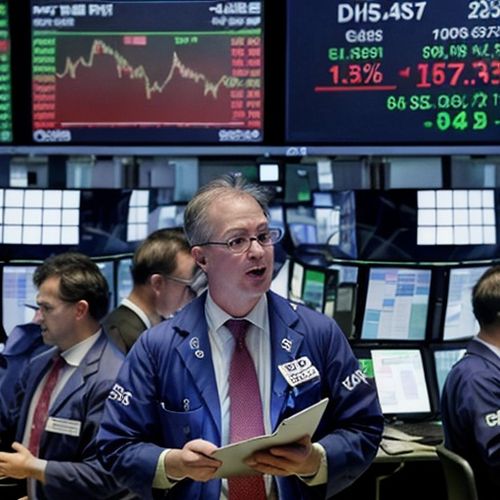
By Sarah Davis/Apr 10, 2025
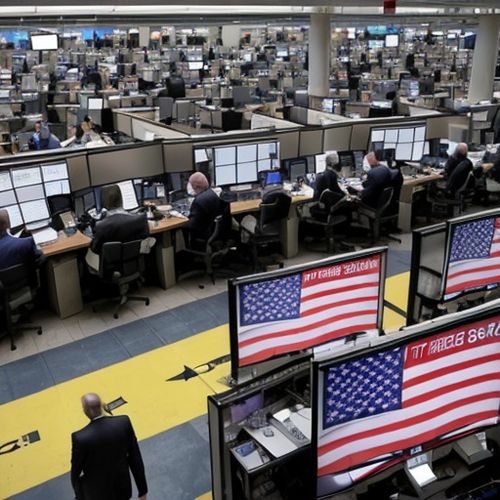
By Noah Bell/Apr 10, 2025
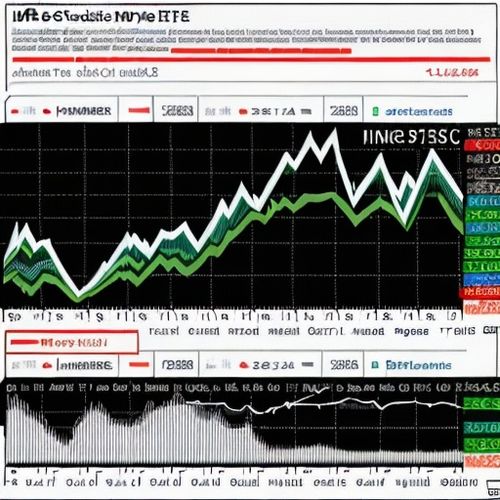
By Rebecca Stewart/Apr 10, 2025

By Lily Simpson/Apr 10, 2025
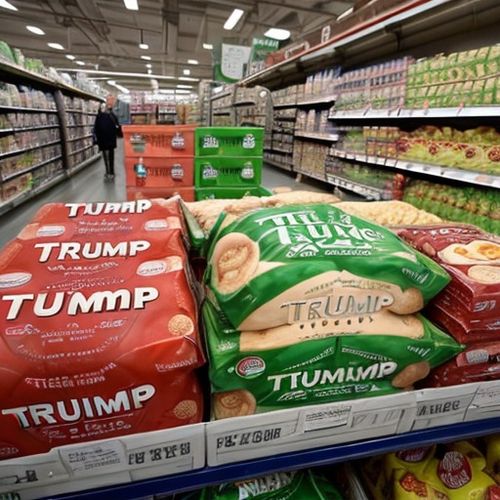
By Christopher Harris/Apr 10, 2025

By Emma Thompson/Apr 10, 2025

By Olivia Reed/Apr 10, 2025
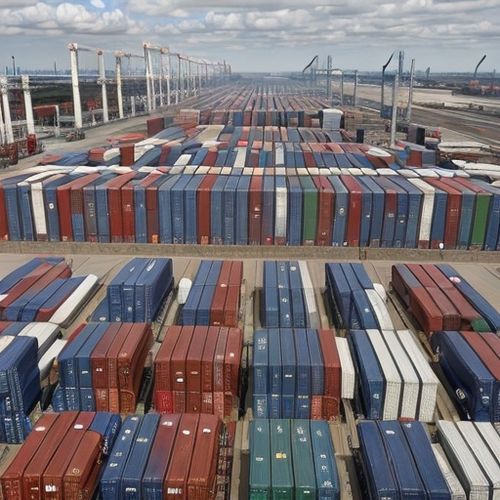
By Eric Ward/Apr 10, 2025

By Victoria Gonzalez/Apr 10, 2025

By Jessica Lee/Apr 10, 2025

By Sophia Lewis/Apr 10, 2025
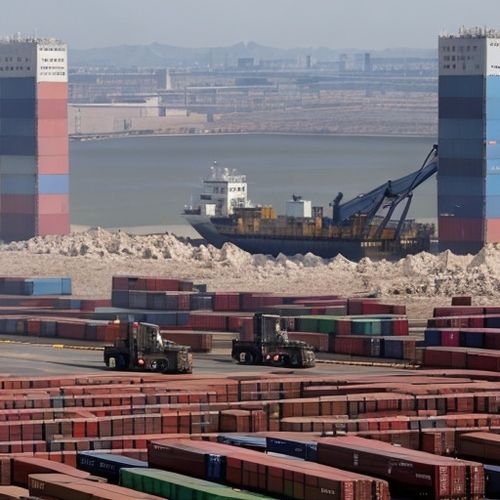
By Eric Ward/Apr 10, 2025
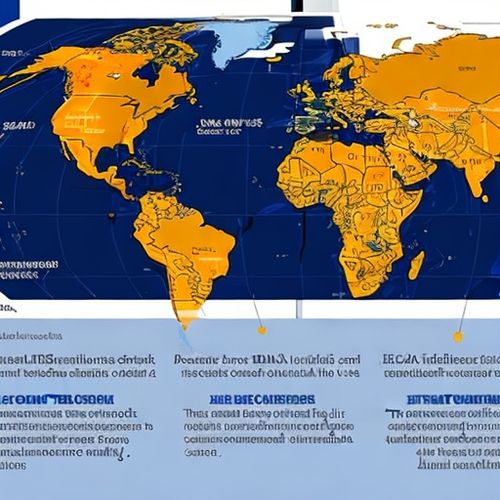
By William Miller/Apr 10, 2025

By James Moore/Apr 10, 2025